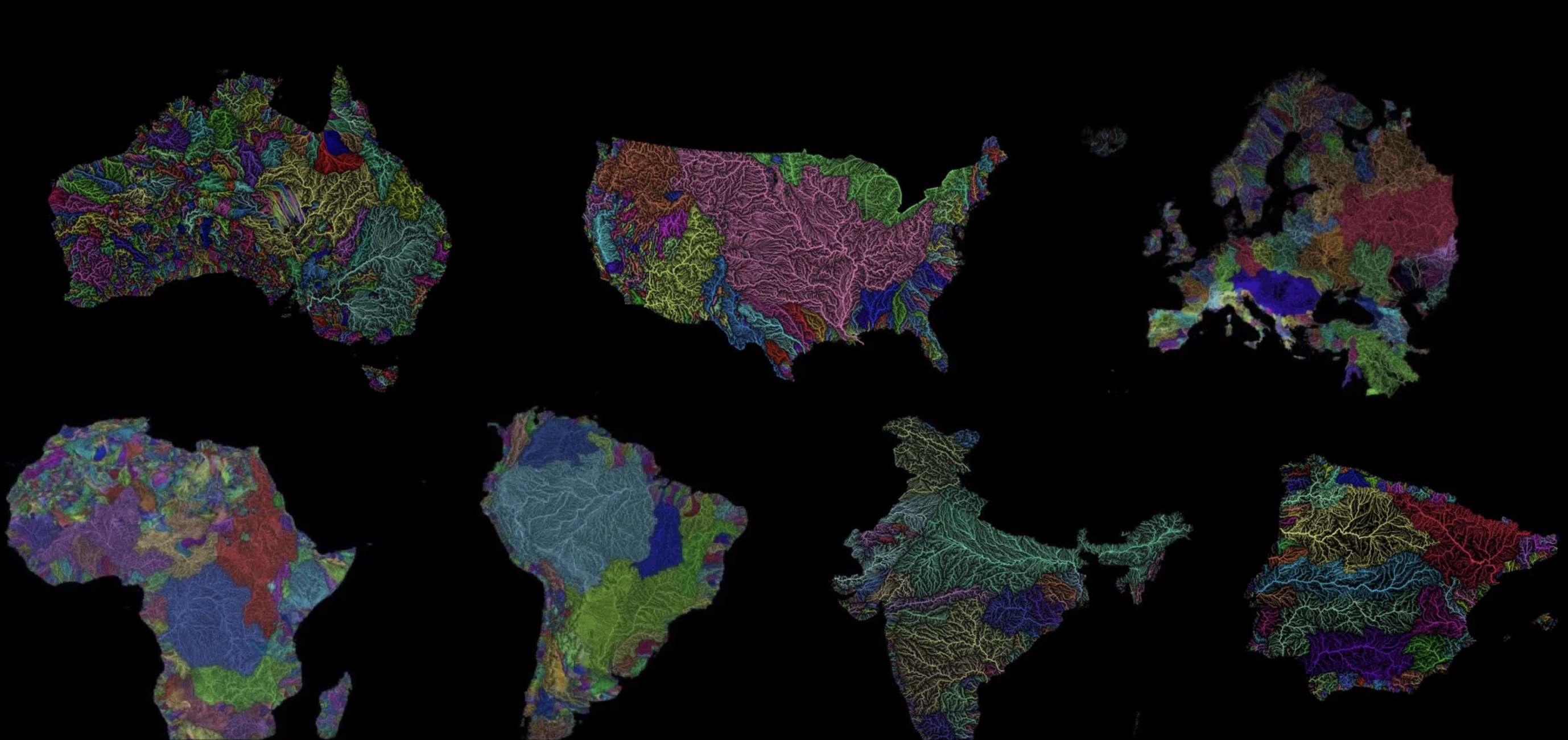Bioregions: A Holistic Approach to EcologyBioregions: A Holistic Approach to Ecology

2023-04-20
Bioregions are geographical areas defined by natural boundaries such as mountain ranges, watersheds, and ecosystems, rather than political or administrative borders. This concept offers a holistic approach to understanding and managing our environment, emphasizing the interconnectedness of human communities with their local ecosystems. The bioregional approach encourages us to think about sustainability and resource management on a scale that aligns with natural systems. By considering the unique characteristics of each bioregion – its climate, flora, fauna, and human cultures – we can develop more effective strategies for conservation, sustainable agriculture, and community development. Some key aspects of bioregionalism include: 1. Local food systems: Promoting the production and consumption of food grown within the bioregion, reducing transportation costs and supporting local economies. 2. Watershed management: Focusing on the health and sustainability of entire watershed systems, recognizing the importance of water resources in shaping landscapes and ecosystems. 3. Indigenous knowledge: Valuing and incorporating traditional ecological knowledge from indigenous communities who have long-standing relationships with their local environments. 4. Renewable energy: Developing energy solutions that harness the natural resources available within each bioregion, such as solar, wind, or geothermal power. 5. Cultural identity: Fostering a sense of place and connection to the local environment, encouraging communities to develop unique cultural identities tied to their bioregion. By adopting a bioregional perspective, we can work towards creating more resilient and sustainable communities that are better equipped to face environmental challenges and preserve the health of our planet for future generations.